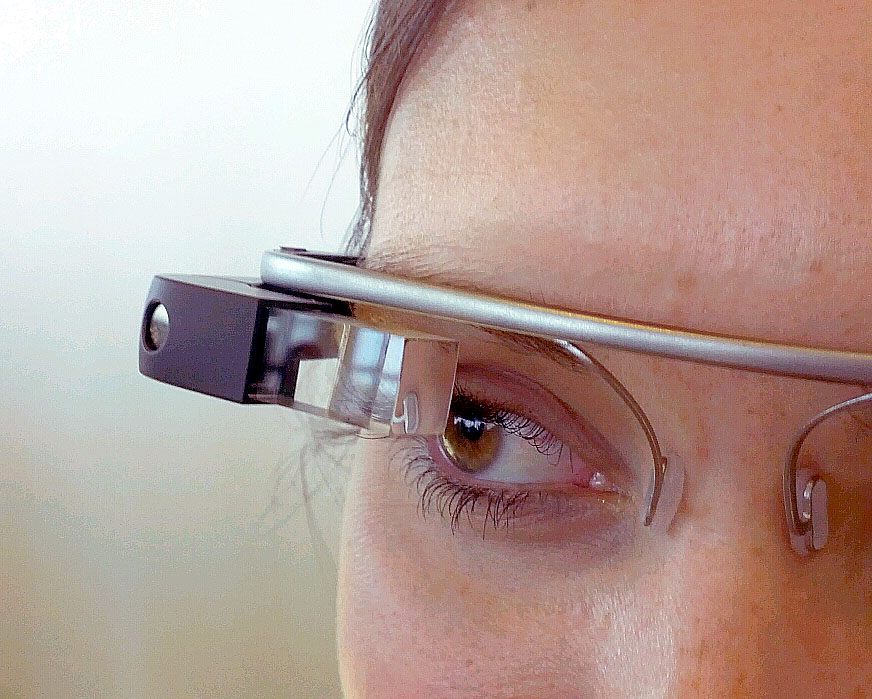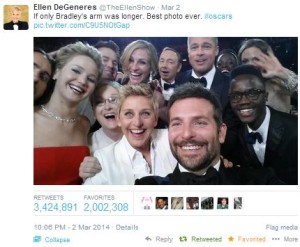
Many of us have heard of Google Glass, Google’s new innovative wearable computer that features a touchpad, camera, voice activation, and LED display, all condensed into a sleek pair of glasses. At first glance, the fascinating gadget appears to have many personal and professional benefits. It’s something that everyone wants to try–futuristic-looking and sleek, the hands-free device is efficient and quicker than a computer or cell phone. It is now possible to take a picture by simply saying a few words and get exact directions that follow the direction of your head. However, the popularity of Google Glass is quickly diminishing regardless of the fact that the device is still in its beta form. It has received an endless amount of negative backlash from society and the media, with various parodies and tweets poking fun at what is already being seen as one of Google’s biggest failures. As a CNET.com article harshly puts it, “Google Glass is suffering currently from an image that’s about as embraceable as that of a fallen, drug-addled teen idol.”
The primary gaping flaw with the technology is that the device raises various privacy concerns. The fact that a Google Glass wearer can take photos and videos virtually anywhere is slightly disturbing, creating controversy regarding security and privacy rights. There is even an app called Winky, in which a Glass user can take a picture with a wink of the eye! In addition, Google Glass’s recording tool can be used to secretly record other’s conversations without their knowing. Just when you thought it couldn’t get any creepier, Google Glass’s facial recognition app enables users to recognize strangers in public. Such privacy concerns have led to the ban of Google Glass in certain facilities around the world.

Personally, I believe that Google has taken it too far with this one. A future with Google Glass taking the place of cell phones and computers is not plausible–we already have enough social barriers present in today’s society. A dystopian future in which the phrase of “eyes glued to a computer screen” is taken to a whole different level comes to mind. The idea of a wearable computer appears to be innovative and futuristic at first, but the cons greatly outweigh the pros. Society, as well as myself, has deemed it as a wholly unnecessary device. Perhaps wearable technology can be made more accessible and a different, plausible in a less obvious form, such as a watch. The “goggles” aspect of Google Glass might be something that seems cool at first, but when you really think about it, would you really want to be that creepy person walking around with what looks like spy glasses on his/her head? Didn’t think so. Nobody wants to be a .

